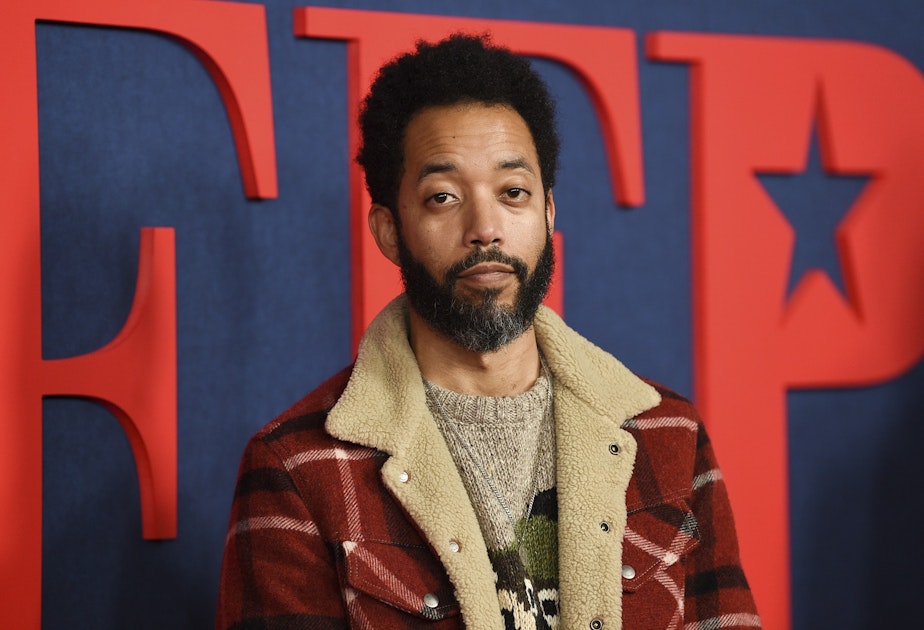HBO takes hard look at inequality in Seattle schools

Seattle schools got national attention on Friday night in an episode of HBO’s Problem Areas, hosted by comedian Wyatt Cenac.
The episode focuses on Rainier Beach High School, where the PTA has $2,000 in its coffers, compared with the $3.5 million at Roosevelt High School in the city’s much wealthier and whiter north end.
In Seattle, rich PTAs enhance schools by paying for extra teachers and programs. When there’s a budget shortfall, the PTAs plug the budget holes.
But that’s not a reality for Rainier Beach, where most of the students are low income.
Here's why rich Seattle schools can afford extra teachers and fancy gadgets
“They are able to hire additional teachers through the funds that they’re raising; we can’t do that,” says Gloria Briggs, the current Rainier Beach PTSA president, in the episode. “That’s not equitable.”
Rainier Beach is entrenched in the community and known for its phenom basketball team, which won four state championships in five years. But the school took a turn in the early 2000s.
“This area was getting bad,” Dajaun Rose, who graduated in 2015, tells Cenac. “It was like a school in the hood.”
Parents sent their kids to other schools, and enrollment at Rainier Beach plummeted.
Enter the PTA. They hired a new principal, helped to secure $5 million in grants. When parents didn’t come to PTA meetings, they took over the half time show at basketball games.
Colin Pierce, who oversees the International Baccalaureate program, tells Cenac the high school has rebounded and now boasts a 90 percent graduation rate.
But now that funding is running out, and with a shortfall district wide, Rainier Beach faces tough choices. In the episode, there is discussion about whether to keep the seventh period schedule or “a viable IB program.” These are choices that wealthier schools don’t often have to make, because parents can step in financially.
Cenac references the controversial head tax — when the Seattle City Council voted for, and then voted against, collecting money from major companies like Amazon. (It was called a "head tax," because these companies would pay a certain amount per employee.) That money would have gone toward homeless services.
That's money that would have helped poor students, says Jesse Hagopian, a teacher at Garfield High School. In the episode, Hagopian says that “150 homeless kids at Garfield High School live in the shadow of all these cranes.”
“We have some of the wealthiest corporations the world has ever known," Hagopian says. "Amazon, Microsoft, Boeing, Starbucks. Rainier Beach is a school that would remarkably benefit from a little bit of investment from the wealth that exists in this city.”
Cenac is not impressed that Amazon CEO Jeff Bezos set aside $2 billion for preschools and homelessness.
“They’re avoiding playing by the rules, paying into the system like everyone else,” Cenac says.
Instead of paying taxes that would support housing and education, he says, maybe they're "trying to define the terms so they can pick and choose what best serves their interests.”




